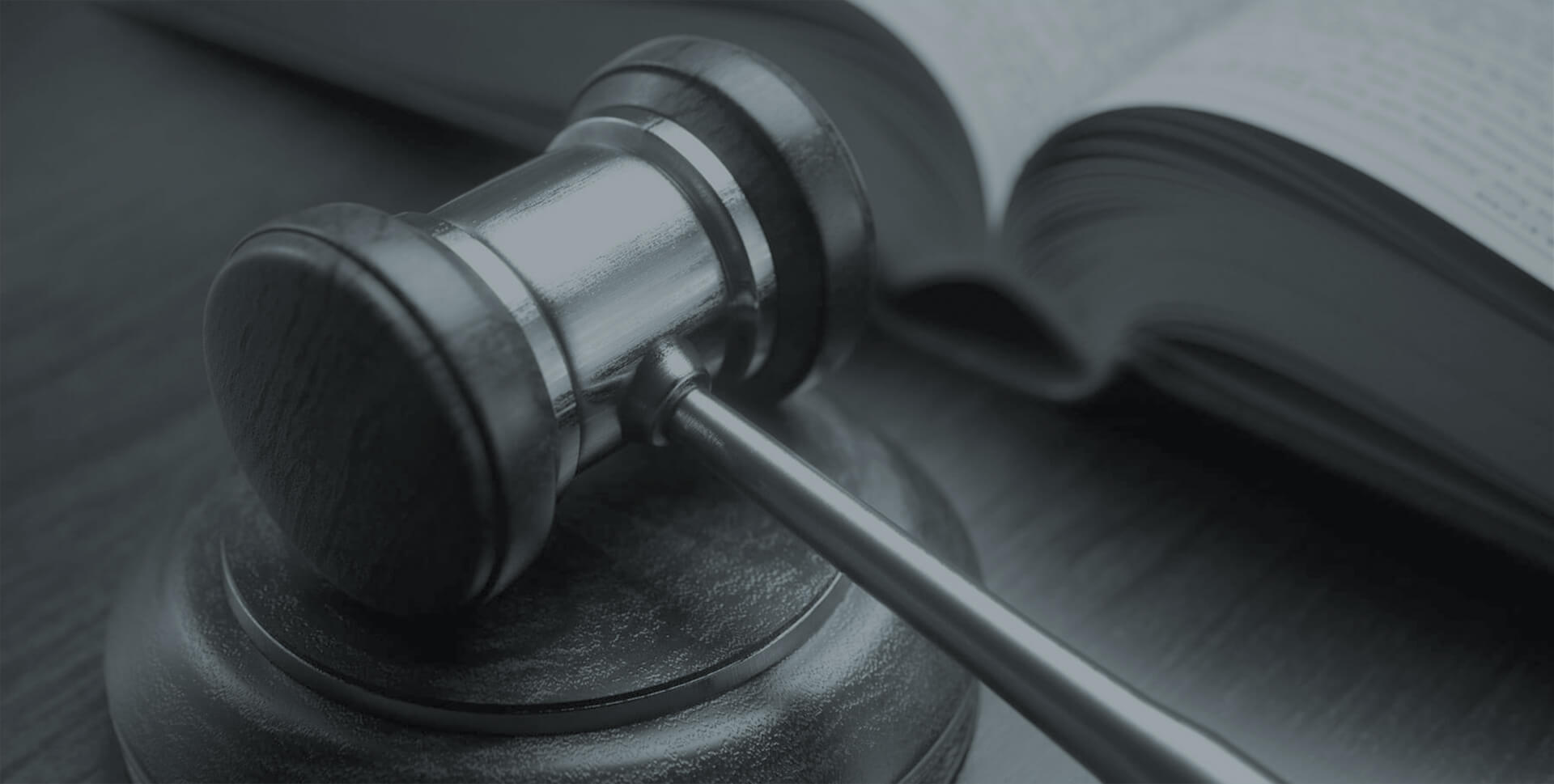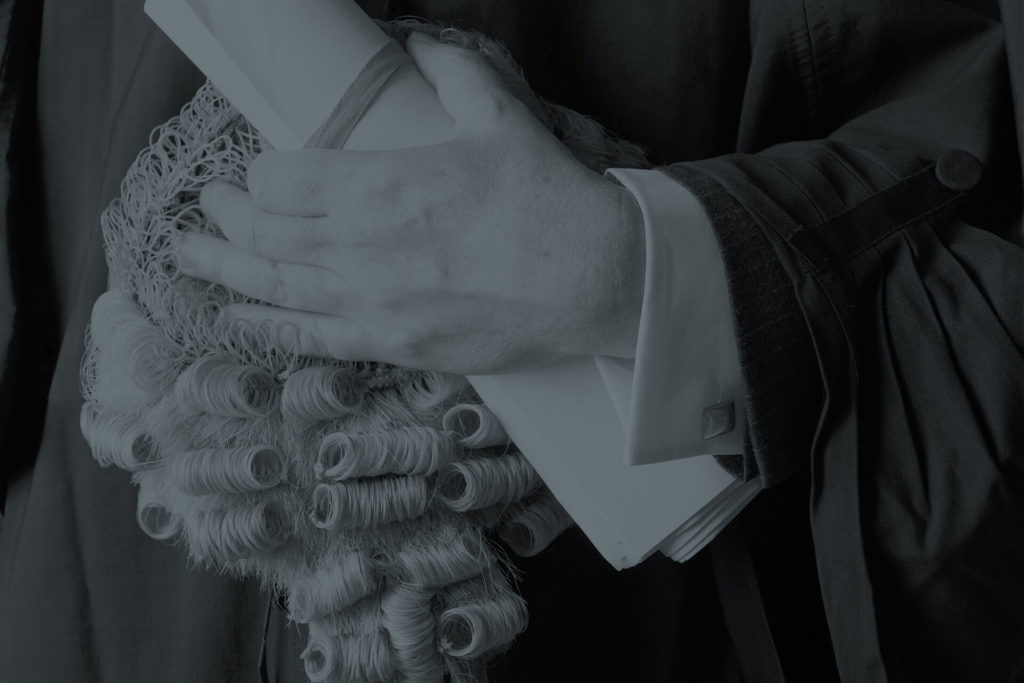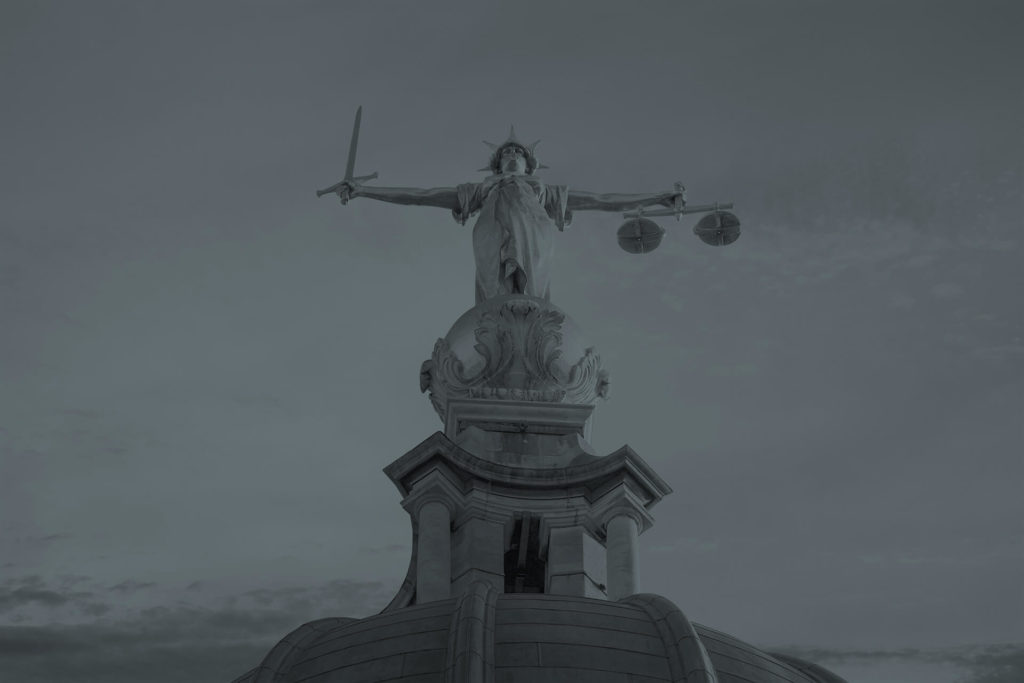Send your enquiry.
Contact us for a free, initial no obligation consultation.
"*" indicates required fields
Your information is safe and treated in accordance with our Privacy Policy
Bite mark evidence has led to a number of wrongful convictions and cannot be relied upon to prove a person’s guilt, studies in the USA have found.
London criminal defence solicitors
As experienced criminal defence solicitors, we will undermine any unreliable evidence – such as bite mark evidence – that is presented by the prosecution in your case. Contact us now for free legal advice. We are available to take your call 24 hours a day, 7 days week.
The history of bite mark evidence
You may have heard of victims being identified by their dental records. However, if a bite mark is found at the crime scene, then a suspect’s oral history may also come under scrutiny.
Bite marks may be discovered on human skin or other items. If so, a forensic odontologist will take dental impressions of a suspect. The impression is then superimposed over the bite image to see if there is any match between the two.
In England and Wales, the Police and Criminal Evidence Act allows for such impressions to be taken. This practice is nothing new. In fact, as early as 1954, bite marks started to be used as evidence in criminal trials. In that year, a burglar who left a bite mark in a lump of cheese was convicted. Then in 1975, a bite mark left in a victim’s nose resulted in a guilty verdict.
The problem with bite marks as evidence
However, concerns have been raised over the reliability of such evidence in criminal cases.
In the past, it was thought that a person’s bite mark was unique, just like their fingerprint. The arrangement of your teeth – known as ‘dentition’ – is defined by a multitude of factors such as the shape and size of your teeth, missing teeth, crooked teeth and chipped teeth. When you bite into something, the impression that you leave behind is also affected by things like braces and the movement of your jaw.
But actually, the individuality of dentition has never been proven. This was highlighted in a report published by the Innocence Project titled “Why Bite Mark Evidence Should Never Be used in Criminal Trials”.
The report also emphasises that where a bite mark is left on human skin, the impression is easily distorted. This is due to the elasticity of the skin and the effect of movement on bite marks. The thickness of the skin varies across the body, and bones beneath the surface will also modify the skin’s response to the bite. Consequently, the same person could bite two people and leave entirely different impressions.
The findings echo three previous studies into the use of bite marks as evidence. All of them point towards substantial rates of erroneous results, lack of scientific validation and the fact that bite mark evidence does not meet forensic science standards.
26 people wrongly arrested
The Innocence Project states that at least 26 people in the USA have been wrongly arrested, charged or convicted of offences based on bite mark evidence. This includes Kennedy Brewer who was convicted of rape and murder based on an analysis of bite marks found on the victim’s body. He was released after 15 years in prison. It is now thought that the marks were likely left by crawfish when the body was left in water. Other murder convictions have also been overturned, including those of Levon Brooks and Steven Chaney.
Will bite mark evidence be used against me?
The American Board of Forensic Odontology still supports the use of bite mark evidence, even though eminent forensic dentists have rejected bite mark analysis in criminal cases as unreliable.
In the UK, bite mark evidence should arguable only be used to exclude suspects. If the prosecution attempts to use bite mark evidence to positively identify the guilty party, then the court must decide if the evidence is reliable. This will largely depend on the credibility of the expert and the skill of the advocate.
As criminal defence solicitors, it is our job to undermine the reliability of such evidence. If bite mark evidence is a factor in your case, we will argue to have the evidence struck out, ensuring it cannot be used to convict you
London criminal defence solicitors
If you need a criminal defence solicitor, contact us now for a free initial enquiry.
Call 0333 009 6275. We are available to take your call 24 hours a day, 7 days a week.
You can also email us on enquiries@ashmanssolicitors.com or complete our Free Online Enquiry Form and we’ll be in touch soon.




